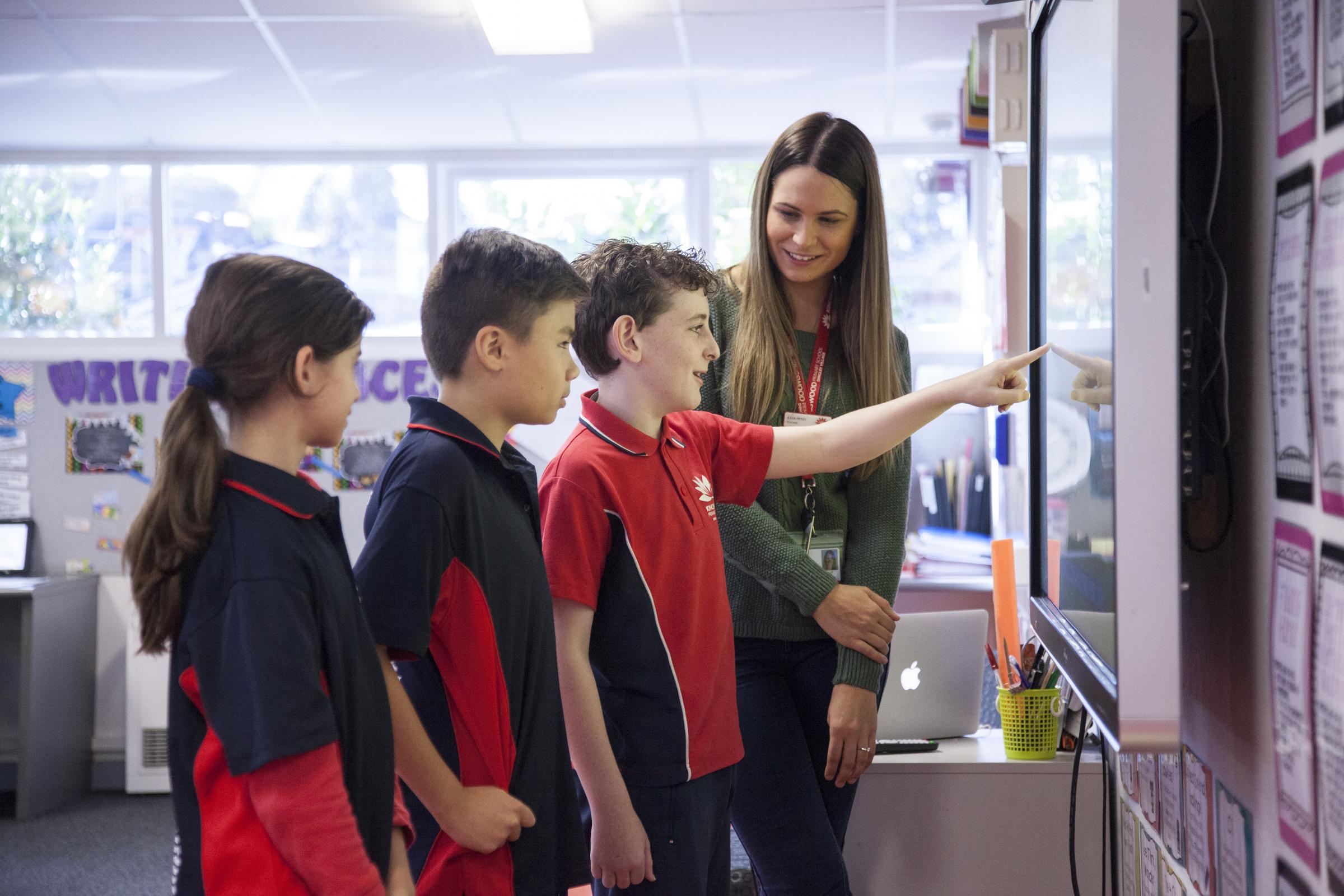Assistant Principal

Megan Franklyn
Assistant Principal
Having come back in week three from taking long service leave for a family holiday that didn’t quite go to plan, straight into remote learning made me reflect on how the way we, as parents, react to change and disappointment in our lives is often mirrored by our children. As I considered this, I thought about how the growth mindset messages that are being taught at Kingswood can be transferred beyond the classroom to have a positive impact on our mental health and wellbeing. People who use a growth mindset consciously reframe negative thoughts (which aren’t helpful) into more positive thoughts. For example, instead of ‘Our holiday didn’t happen – Our holiday didn’t happen yet.‘ Sharing with our children our emotions and acknowledging our disappointment is important, however, everyone is missing out on things due to this pandemic and we need to help our children develop perspective and consciously consider what we have to be grateful for. So, I am grateful that I had a wonderful week away with my family and I am grateful that we have the capacity to try and do it all again next year!
Nationally Consistent Collection of Data on School Students with a disability (NCCD)
The NCCD takes place every year in August, and as the name suggests every school in Australia is required to collect this data and provide it to the Australian government. The NCCD is a collection that counts:
• the number of school students receiving an adjustment or ‘help’ due to disability
• the level of adjustment they are receiving to access education on the same basis as other students.
Students are counted in the NCCD if they receive ongoing adjustments at school due to disability. This ‘help’ allows them to access education on the same basis as a child without a disability
The NCCD data ensures that support for students with disabilities becomes routine in the day-to-day practice of schools. The NCCD also supports students in the following ways.
• The NCCD helps schools better understand their legislative obligations and the Disability Standards for Education 2005.
• Schools focus on the individual adjustments that support students with disabilities. This encourages them to reflect on students’ needs and to better support students.
• The NCCD facilitates a collaborative and coordinated approach to supporting students with disabilities. It also encourages improvements in school documentation.
• The NCCD improves communication about students’ needs between schools, parents, guardians, carers and the community
Protecting the privacy and confidentiality of all students involved in the NCCD is an essential part of the NCCD, all names and identifiers are removed before any data is provided to the government. If your child has been included in the count by their classroom teacher you will receive a letter from Mr Cox, if you have any questions about their inclusion in the count please speak to the classroom teacher or contact me megan.franklyn@education.vic.gov.au.

